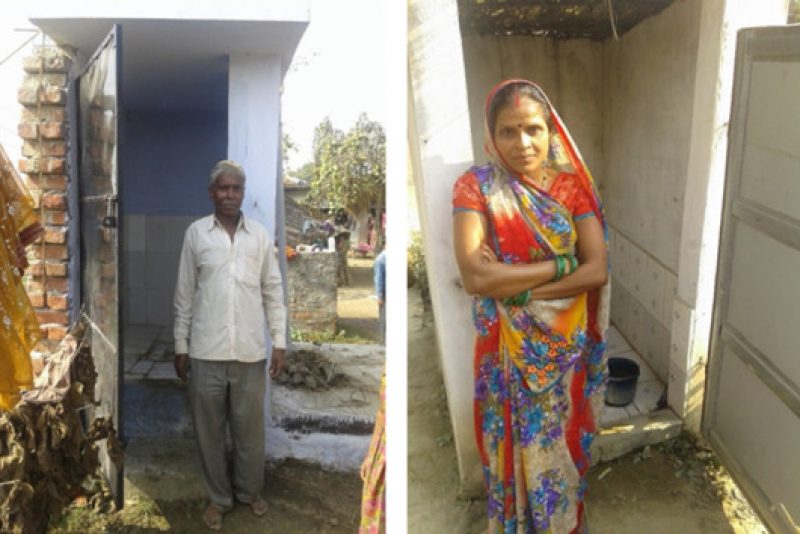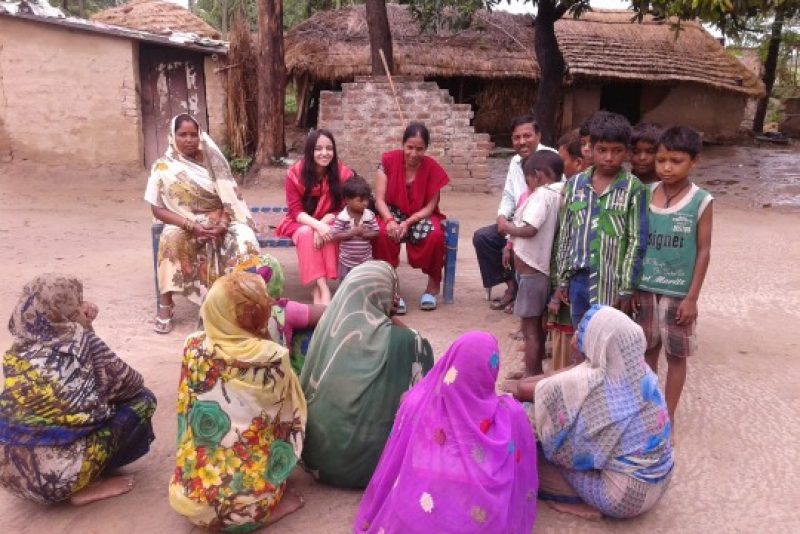Getting the most out of academic conferences: reflections from a TCi Scholar

Academic conferences provide a great opportunity to share your work with other scholars in your specific and broader field of interest. I believe that presenting my research at conferences gave me an exposure to different facets of academic and professional development that are articulated as below:
a) Networking: I came to meet reputed scholars in my field as well as other graduate student colleagues working on similar issues at other academic institutions. This gave me an opportunity to network with them and have more detailed conversations about research ideas. This relationship was established either through follow-up discussions after attending panel or poster sessions or the keynote lectures, or over session dinners or at one-to-one meetings arranged in advance.
b) Confidence Building Exercise: It boosted my confidence because conferences provide a forum to exchange ideas, and get feedback from other professional colleagues beyond your own academic department and institution. In many ways, I was able to gauge how well is one’s work received beyond the home department. This helps to broaden one’s frame of reference in terms of understanding what is expected of you as an academic scholar. I believe that by presenting at conferences you also tend to become quite comfortable as a public speaker.
c) Academic Review Process: As a chair or discussant of the panel, I had an opportunity to review and constructively critique the work of other scholars. It was a great learning experience as it developed the capacity to shoulder responsibility as much as I developed new academic insights.
d) Expectations around Publishing: I did get a chance to meet with journal editors who were very candid in sharing advice on publishing journal articles or a book chapter.
e) Focus on Skill Development: Usually the well-known conferences in the field have specialized workshops on grant proposal writing or a whole panel section devoted to a particular methodology like spatial statistics. These provide avenues for developing particular kinds of skills required for research and/or teaching.
f) Time Management: Through different conferences, you learn the art of managing your time along with the content you deliver. It could be challenging to tell an effective story in a stipulated time but this practice helps you hone down the focus of your presentation based on the theme of your panel.
g) Identifying your specialty and audience: Presenting at diverse conference settings has enabled me to identify the different sub-fields within which I can situate my work, and the kind of audience with whose substantive interest I can relate. For instance, some part of my work fits well within the theme of Rural Labor Markets but I am also able to position my work within the specific field of Gender Studies or under Employment Generation Policy. To me, this process helps in carving out a niche area for myself that I would like to be identified or associated with throughout my professional career.
Share your reflections on the benefits of conferences by replying here on our blog or reach out to Amit directly at aa229@cornell.edu.




